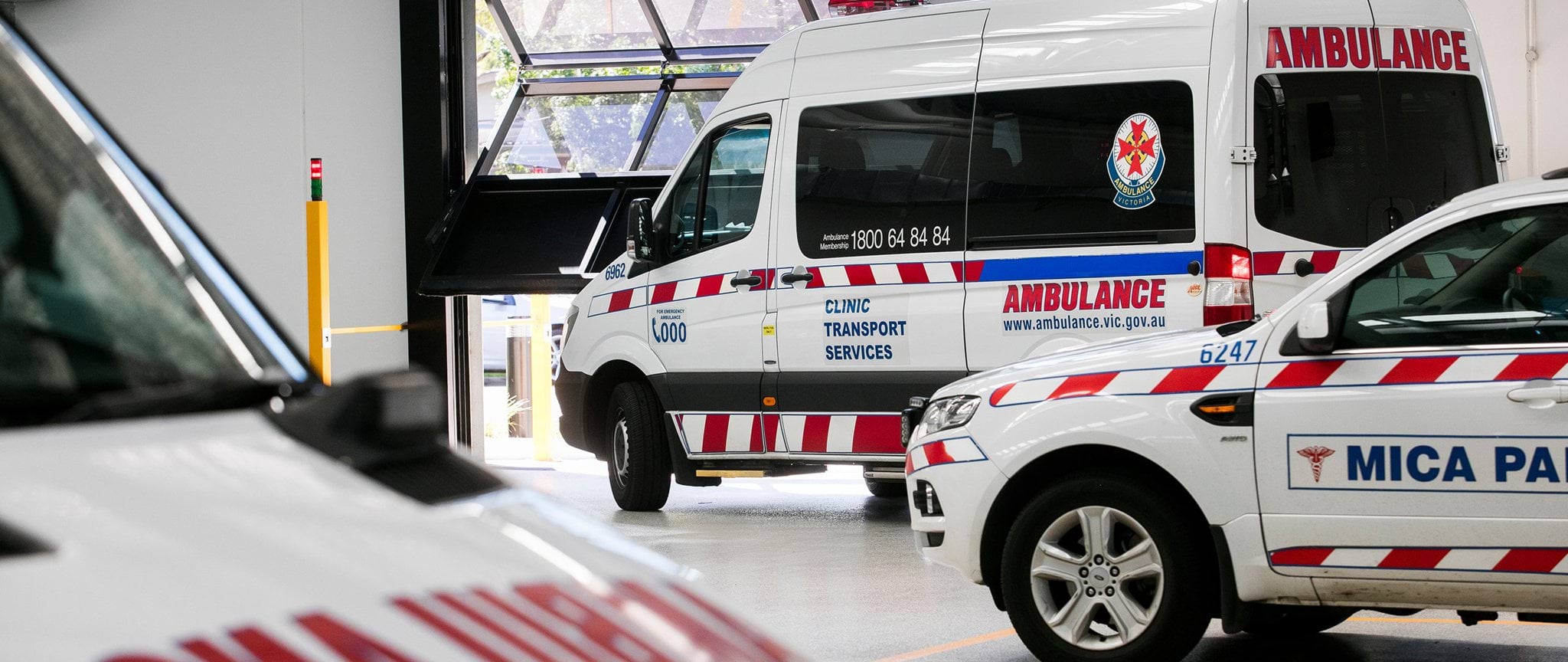When something happens and you or someone you care for experiences harm while in the care of Ambulance Victoria, we want to understand why.
This is so we can:
- Apologise for what has happened.
- Provide you with answers about what happened.
- Identify if there were things that could have been done to prevent what happened.
- Identify any changes to our service that could improve the safety and quality of the care we provide.
From 30 November 2022, it is a legislative requirement under Victoria’s Statutory Duty of Candour that we explain what went wrong. We must also let you know what our response to the event has been and what steps we have taken to prevent the event re-occurring. While this will be done as soon as possible, sometimes all the factors that led to the harm taking place are not immediately clear before we investigate further.
Reviewing what happened
To fully understand what happened, in the coming days we will put together a team of people to independently investigate what occurred. This is called a serious adverse patient safety event review*. To ensure its independence, members of the review team will not have been directly involved in the event that caused the harm but will interview those who were.
People on the review team may include:
- Staff who have knowledge and understanding of relevant clinical issues.
- Staff from external organisations who can provide an independent perspective.
- A person who represents patient perspectives called a consumer representative.
*This internal review is in addition to any investigations deemed appropriate by external bodies, e.g., the Coroner’s Office, the Australian Health Practitioner Regulatory Agency, Health Complaints Commissioner.
What the review team will do
The team will collect and examine all relevant information, like medical records, patient notes, internal and external policies, and guidelines. They will also speak with staff involved in your care, or that of the person you care for.
Your input
Patients, families, carers, or friends often have important information that can help us understand what happened.
If you have information or questions you would like to contribute to the review, tell your Ambulance Victoria contact person. They will ensure the review team receives your input.
You can choose not to be involved in this process if you do not wish to be, by “opting out”. Tell your Ambulance Victoria contact person if this is the case, or if you have previously “opted out” and wish to re-engage.
The report
A copy of the review team’s report and recommendations will be provided to:
- Ambulance Victoria executive team, who will ensure recommendations are actioned.
- Safer Care Victoria (if required) – the government organisation responsible for improving health service safety in Victoria.
- The patient and/or their family or carer/s. We can also organise a meeting to discuss the report in detail with you. Please let your family liaison person know if you would like this to happen.
While the report cannot be used as evidence in a court of law, this does not prevent you from accessing and using information available under the Freedom of Information Act 1982 or the Health Records Act 2001.
Ambulance Victoria contact
Duty of Candour Coordinator
Email: OpenDisclosure@ambulance.vic.gov.au
Telephone: 1800 875 137 (option 5)
Stress
The duty of candour process, and the associated event, can be very distressing and confronting. Some people experience an immediate emotional or physical reaction. Sometimes there is a delayed reaction, and some people don’t appear to have a noticeable reaction at all. All of these reactions are normal.
Common signs of stress
- Emotional: mood swings, feeling tense, irritable, angry, aggressive, teary, panicked, or hopeless.
- Thinking: difficulty concentrating, unable to remember things, self-doubt, confusion, muddled thinking, difficulty learning new things.
- Behaviour: increases in drinking, smoking or drug use, sleep difficulties, withdrawal from family and friends, conflict in relationships, less social interaction.
- Physical: tiredness, dizziness, tightness in the chest, muscle tension, diarrhoea, nausea, headaches, skin, and stomach issues.
Here are some indicators that professional support might be required:
- Signs of stress continue over a number of weeks or worsen (refer to listed signs).
- Usual coping strategies are not as effective at providing relief or are unavailable to you.
- You feel there is no one that you can talk to about your symptoms.
- You are engaging in activities that provide short term relief but may cause longer term problems such as substance use or risky behaviours.
- You feel overwhelmed at home and/or work and it is affecting your ability to effectively carry out your duties.
- You feel distressed, anxious, irritable, frightened, or on edge most of the time.
- You feel depressed, hopeless, or despairing.
If you have suicidal thoughts or feelings, it is important to reach out and let someone know how you are feeling.
Support organisations
Lifeline
Phone: 13 11 14
24 hours a day crisis support information and referral service.
Kids Help Line
Phone: 1800 551 800
Anytime. Any Reason.
Beyond Blue, Youth Beyond Blue
Phone: 1300 22 4636
24 hours a day. Information on depression and anxiety, and where to get help.
Sane Helpline
Phone: 1800 18 SANE (7263)
Advice and referral on complex mental health issues.
Red Nose Grief and Loss
Phone: 1300 308 307
Griefline
Phone: 1300 845 745
Monday to Friday: 8:00am to 8:00pm.
The Compassionate Friends Victoria
Phone: 1800 641 091
Email: support@compassionatefriendsvictoria.org.au.
24 hours a day. Supporting bereaved parents, siblings, and grandparents.
The Australian Centre for Grief and Bereavement
Phone: 1800 642 066
Updated
